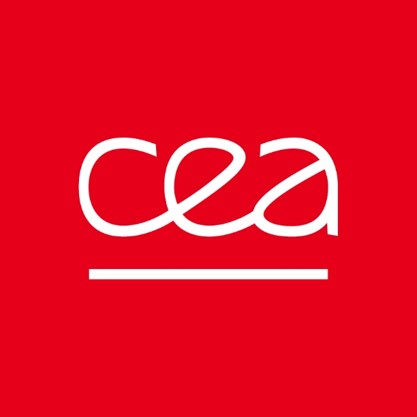-
Complex systems and software engineering
The Particle Physics Division (DPhP)
Research unit
The DPhP, Particle Physics Division, is part of the Institute of Research into the Fundamental Laws of the Universe (Irfu), within the Matter and Universe Direction of CEA. The research program of the division is focused on three domains: elementary particles physics, observation cosmology and astroparticles, and energetic content of the Universe. The DPhP is also involved in instrumental developments necessary to lead research in collaboration with technical services, and is concerned about their impact on societal applications.
Innovation themes
Route de l'Orme aux Merisiers
CEA - Saclay, Bâtiment 141
91191 GIF-SUR-YVETTE
Expertises
- tests and extensions of the Standard Model
- neutrino physics
- antimatter and gravitation
Energetic content of the Universe:
- astroparticle physics and the quest for Dark Matter
- cosmology: Dark Universe and large structures
Instrumentation:
- detector R&D and future accelerators
- medical imagery (TEP)
- alternate energies
Applications sectors
- Other business
- Electronic / photonics
Total number of employees
Number of researchers : 68
Number of doctoral students : 32
Equipment(s) open to collaboration
Keywords
Valuation offer
- demonstrator device for particle production (positrons)
Projects examples
Industrial and scientific relations
Scientific collaborations
- France: TGIR (CERN, GANIL), CNES, institutes of CNRS (INSU and IN2P3)
- Europe: european intergovernmental organisations (CERN, ESA, ESO), european coordinations (APEC, NUPECC, ASTRONET), Germany (DESY, GSI), Spain (CIEMAT), Italy (INFN, ENEA)
- International: TGIR (FAIR, XFEL, IFMIF, ESO observatories, ESA spatial observatories), USA (FERMILAB, JLAB, Stanford and NASA), Canada (SNOLAB), Japan (KEK, JAEA et RIKEN), Israel (Soreq NRC, affiliated to IAEC)
Establishments of affiliation
